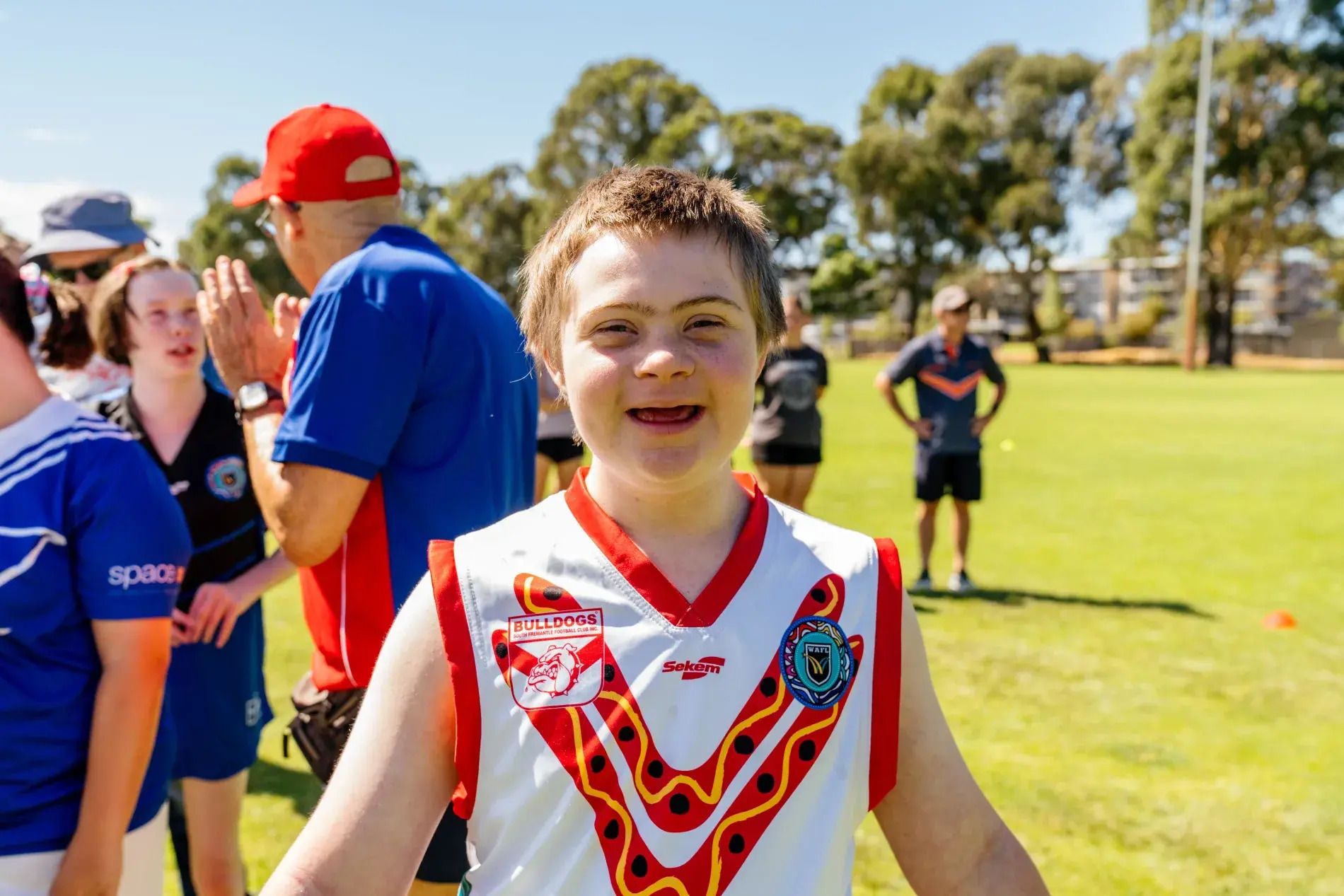
Inclusion (courtesy Monash Lens)
Disability Sports Australia has launched a groundbreaking online program designed to revolutionise how sporting clubs across the nation approach inclusion for people with disability.
The free course, "Building Inclusive Sport Clubs," promises to "change minds and attitudes" toward disability participation in community sport and offers sporting organisations across Australia the opportunity to become leaders in disability inclusion.
Chief Executive Officer of Disability Sports Australia, Ayden Shaw, says the program's unique approach pairs people with disabilities directly with sporting clubs, creating authentic partnerships that drive meaningful change.
"We were really clear from the outset, there's a lot of great training, but not a lot comes from a lived experience perspective," Shaw emphasises. He says this initiative is specifically designed to challenge harmful stereotypes and create lasting cultural shifts within the sporting community.
"There's a perception that sport is delivered by Anglo-Saxon men who don't have an inclusive background," Shaw notes. "Courses like this contribute to changing that narrative. This is being driven by women with a disability."
Developed in partnership with Victoria University and the Australian Sports Commission, the program draws from extensive research involving over 400 community sport clubs. Through workshops, mentoring sessions, and community practice groups, the initiative has focused on embedding sustainable, inclusive practices while building leadership capacity.
Shaw stresses the importance of maintaining momentum for disability sport participation beyond the Paralympic cycle. "The social impact of the Paralympics is huge, but it's once every four years," Shaw explains. "We see ourselves fitting into how to contribute to a cultural shift outside the Paralympics cycle."
_________________________________
[continued from newsletter]
The timing of the program aligns strategically with the organisation's recently released 2025- 2028 Strategic Plan, which prioritises increasing sport's capability to enable greater participation for people with disabilities.
The self-paced course consists of three comprehensive modules incorporating real-world case studies and instructional videos. These resources provide practical breakdowns of what accessibility looks like in different sporting contexts, giving clubs concrete tools for implementation.
The program also addresses a critical gap in sports education by ensuring content is developed from lived experience perspectives. This approach moves beyond theoretical knowledge to provide authentic insights that can drive real behavioural change within sporting organisations.
Shaw emphasises the program's commitment to intersectional participation, ensuring that all individuals can access the sports they're passionate about.
"Anyone should be able to participate in the sport they want," Shaw says. "A key part of our strategy is to connect that individual to understand what is out there and the opportunities they have."
The initiative represents a significant step forward in making Australian sport more inclusive and accessible. By focusing on changing attitudes and behaviours at the grassroots level, the program aims to create lasting cultural transformation that extends far beyond individual clubs.
"It's about opening people's minds and shifting attitudes and behaviours," Shaw affirms. The Building Inclusive Sport Clubs course is available through the Australian Sports Commission's Learning Centre.
